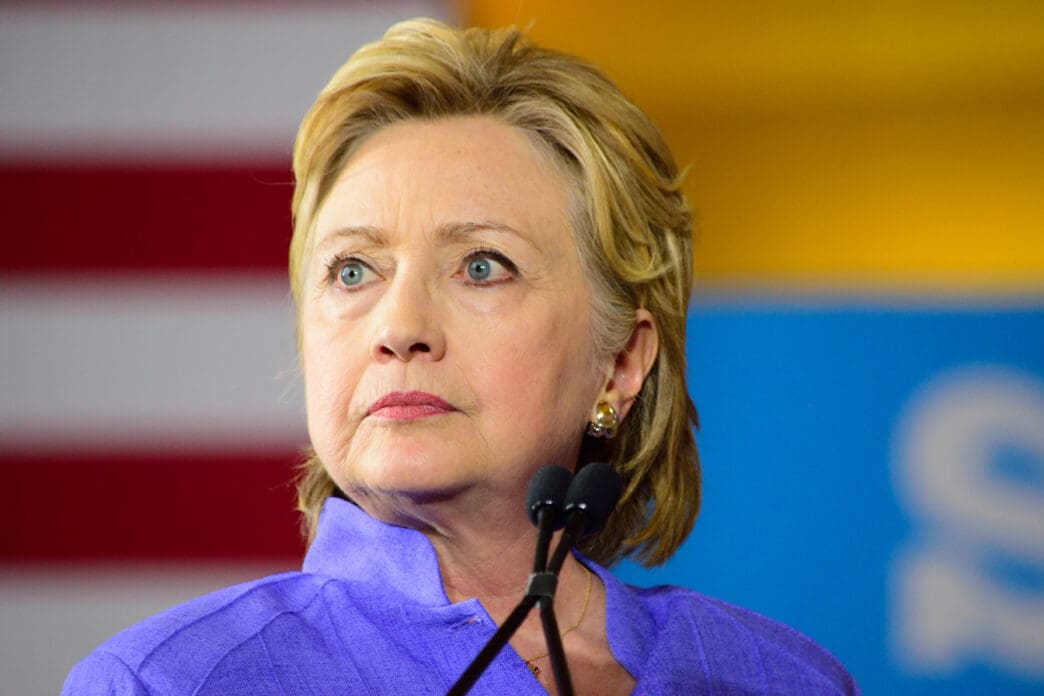Executive Summary
The Story So Far
Why This Matters
Who Thinks What?
Former FBI Director James Comey has been indicted on a false statement charge, with the prosecution’s case reportedly centering on an alleged leak to the media related to the 2016 investigation into Hillary Clinton’s use of a private email server. Prosecutors allege Comey authorized an anonymous leak about an FBI investigation and subsequently lied under oath to the Senate in 2020 when he denied doing so. While the indictment does not specify the exact leaked details or news reports, sources familiar with the case indicate the charge pertains to articles concerning the Clinton email probe.
Details of the Charge
The indictment claims Comey provided false testimony to the Senate in 2020 when questioned about authorizing a leak. This charge is distinct from his previous actions, such as providing memos detailing his interactions with President Trump to a friend who then leaked them to the press in 2017, an act Comey testified was an attempt to prompt the appointment of a special counsel. The current indictment focuses squarely on the Clinton investigation, not the separate 2016 FBI probe into Donald Trump and alleged Russian election interference.
Key Individuals Identified
Court documents refer to several unnamed individuals central to the case. “Person 1” is understood to be Hillary Clinton, while “Person 2” is Donald Trump, as indicated in another related court filing. “Person 3,” the individual Comey allegedly authorized to leak information, has been identified by sources familiar with the investigation as Daniel Richman, a Columbia Law School professor and a longtime friend of Comey’s. Richman previously served as a special government employee at the FBI.
Richman recently underwent an interview with the FBI and received a subpoena, though he is not accused of any wrongdoing in Comey’s indictment. While former Deputy FBI Director Andy McCabe was referenced in a Senate question to Comey cited in the indictment, sources largely point to Richman as “Person 3.” Both Richman’s lawyer and the U.S. attorney’s office for the Eastern District of Virginia, which is prosecuting the case, have declined to comment.
Context of the Alleged Leaks
The specific news stories containing the information Comey is accused of authorizing to be leaked remain unclear. However, the FBI previously conducted an investigation, codenamed “Arctic Haze,” into the disclosure of classified information in four 2017 news stories, several of which concerned Comey’s handling of the Clinton investigation. Declassified FBI documents show Richman informed investigators in January 2017 that he discussed classified information with a New York Times reporter, though he claimed the reporter already possessed more details than he did.
Comey’s Response and Political Backdrop
Responding to the indictment, Comey stated, “I’m innocent… Let’s have a trial.” The former director has faced nearly a decade of intense political scrutiny and multiple investigations concerning his oversight of both the Clinton email and Trump-Russia investigations in 2016. Trump’s allies have consistently voiced anger over Comey’s handling of the Russia probe, while expressing less concern about his late-2016 announcement regarding the reopening of the Clinton email server investigation.
Conversely, Democrats have argued that Comey’s announcement regarding the Clinton emails sowed distrust among voters and contributed to her 2016 election loss to Donald Trump. Even in the statement announcing Comey’s indictment, current FBI Director Kash Patel criticized the agency’s 2016 investigation into President Trump, underscoring the enduring political divisions surrounding Comey’s tenure.








